John Pluecker
* *
translated by the author
THE HUNT
A SERENE NIGHT / AT FIVE / SERENE SKY / AT SIX / OR AT 3 // JUST THE LIGHT / THE HOUR RISES THE SUN // SILENCE / WALKS AT ITS DISCRETION / AS DISCOVERER // WE ALL HAVE THE WORD / IS WHERE WE DISCOVER / ONE IS NEVER PUNISHED // DEATH / ABROGATES THE RIGHT / TO POSSESS OURS / MULES OR HORSES / SEDUCED BY BLOWS / STOLEN ON TIME // THE ROUTE / FAR FROM INSPIRING US / FULL OF SINUOSITIES / A SERIES OF THROAT GORGES / THAT WERE GROWING // WE ENTERED THE GORGES / DISCOVERED SMALL VALLEYS / SLIGHTLY ELEVATED HILLS
WE CONTINUED TO THE EYE / OF AN INDIAN // HIS FLESH BETWEEN US / DESPITE HIS NEEDING IT MORE // WE SQUEASE THE JUICE / AND SALIVA IN THE WOUND // ON A SMALL EMINENCE / WE FOUND BEARS / AND FARAWAY / SOME PIECES OF MEAT // IN THE PUEBLOS / THEY MANIFEST / THE DESERT // FROM THE GORGES WE CONTINUED // THROUGH THE GORGES // WE PENETRATED IN THE GORGES / (GENERALLY DIFFICULT TO ACCESS) // WE FOUND A TRUNK / TORTUOUS / THE GRAYISH BARK / SLIGHTLY CLEAVED, NOT SMOOTH // ITS FUR ENTIRELY WHITE / WITH GRAYISH SPLOTCHES; THE WISKERS / ALSO WHITE // THE MOUTHE MEMBRANE / BLAEKENED / THE COMPLETE ABSENCE OF EYEBROWS
CALLED ISA BY THE COMANCHE / AND THOUGHT TO BE QUITE FEROCIOUS / THE FUR IS BURNED / THE ARROWS EXPOSED TO SMOKE / NEVER CEASE TO WOUND / THE INHABITANTS OF TEXAS / WE DEDICATE OURSELVES TO THIS HUNT // WHEN THE ONE WHO IS WOUNDED FALLS / WE ALL COME TO SMELL THE BLOOD / WE BEGIN TO BELLOW WITHOUT DISTANCING OURSELVES FROM IT // RIGHT / THEN / THEY CAN KILL US ALL
* *
Chronology of a text:
In the beginning, on November 19, 1828, Juan Luis Berlandier, a.k.a. Jean Louis Berlandier, sets out from San Antonio de Béjar with a company of men, both Spaniards and Comanche, to hunt in the lands to the northwest of the mission. Berlandier keeps a diary of the experience of walking through hills and valleys and gorges. In his Spanish, gorges are gargantas, which also means throats; thus, the land could also be flesh; thus bodies could also be dirt; thus an experience is translated into text.
This short chronicle I found in 2010 in a scanned Google book by J. Luis Berlandier: Diario de viage de la Comison de limites. I annotated the voyage; I erased, crossed out, cut and pasted words from this chronicle to find another text buried deep within it.
The map I found in the Beinecke Library at Yale in 2011 on fragile paper in an archival box and also in a microfilmed version, of which I took PDF scans. I adore their pixelation, the splotches and flecks of black that pock their surface. Later, in Photoshop, I pasted the text excavated from Berlandier’s chronicle onto these images you see here.
In Monterrey, Mexico in March 2012, I did an improvisational reading of the images, re-imagining them as sonic maps or scripts, while accompanied by the recorded accordeon tones of Pauline Oliveros’s 1991 Crone Music. Instead of reading in a top-to-bottom, left-to-right order, I re-created the experience of manipulating the text by re-ordering and de-ordering my own poem, live.
In November 2012, I re-drew this image-poem triptych on old, yellowing paper in an attempt to short-circuit the system of exchange that had brought these images into their digitalized state. I wanted to re-create a fake original after all the stages of copying and reproduction. These drawings have been exhibited in galleries in Huntsville and in San Diego.
And now in January 2013, I’ve made a translation of “La Caza” into English for the first time: adding another layer of manipulation. I am translating myself and translating Berlandier, still. The original is mine and it is not mine. There are remnants of a now-archaic Spanish in his original phrasing and diction; vigotes and negrusca and esprimir and bocal have become wiskers and blaekened and squease and mouthe. The translation is mine and also his, an attempt at dialogue and a furtive stab at re-writing history.
Another in a series of sinuosidades / sinuosities. In the end, all of us come to smell the one who has fallen, and in that moment we become vulnerable; we could all be killed.
[ + bar ]
Primavera – Fall 2013: Tongue Ties
This first quarterly issue of the Buenos Aires Review boasts new literary works from a variety of tongues—French, Galician, German, Portuguese, Russian, and a touch of Hungarian accompany... Read More »
Nikkō’s a Real Trip
Matías Ariel Chiappe Ippolito translated by Andrea Rosenberg
日々旅にして旅を栖とす。 (松尾芭蕉)
“Every day is a journey, and the journey itself is home.” –Matsuo Bashō, tr. Sam... Read More »
Marilyn Monroe, my mother
Neda Miranda Blažević-Kreitzman translated by Ellen Elias-Bursac
Many people wrestle with discomfort and fear when they travel by air. Dino Lučić and Veljko Linić were... Read More »
Junot Díaz: “We exist in a constant state of translation. We just don’t like it.”
Interview by Karen Cresci
Read More »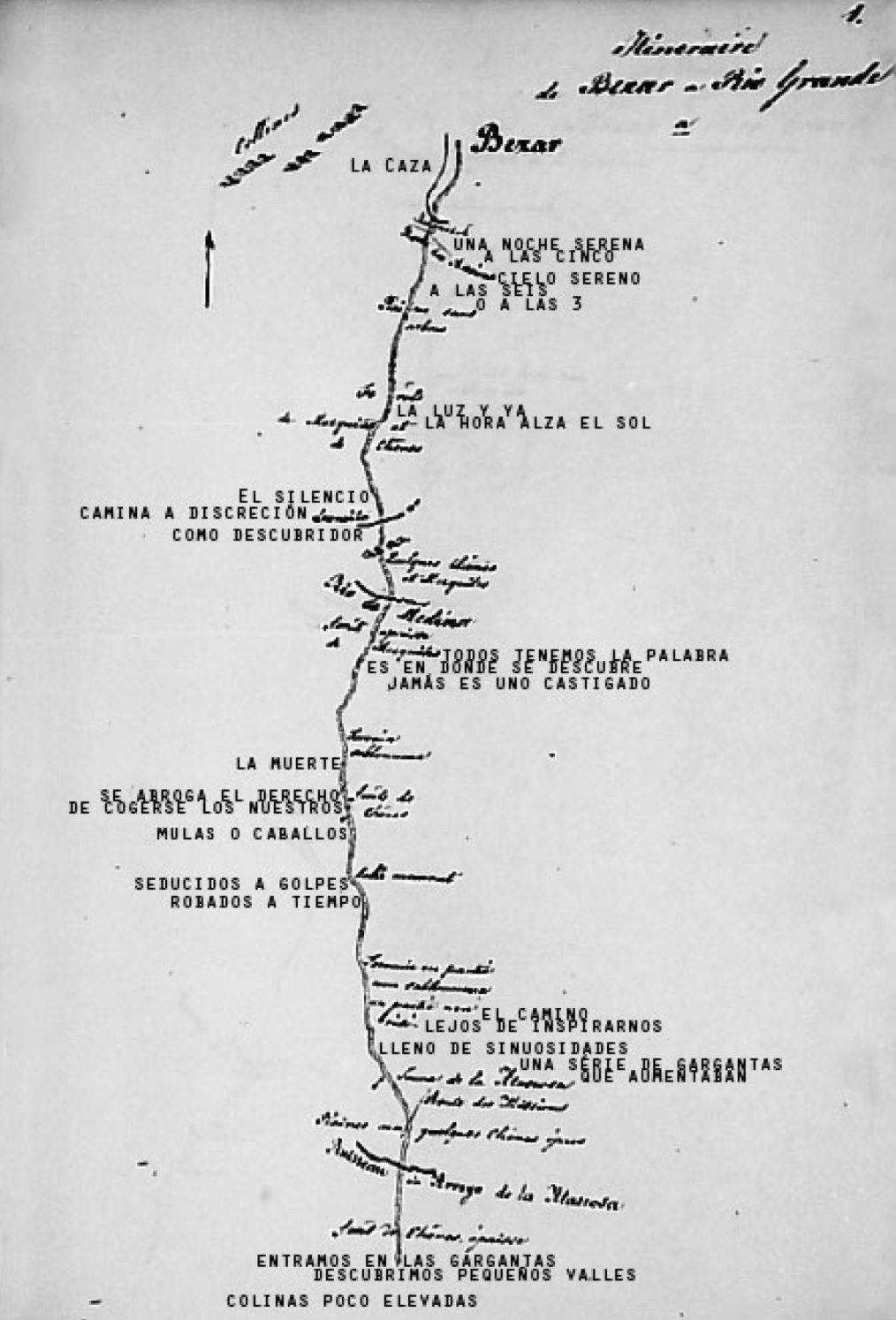
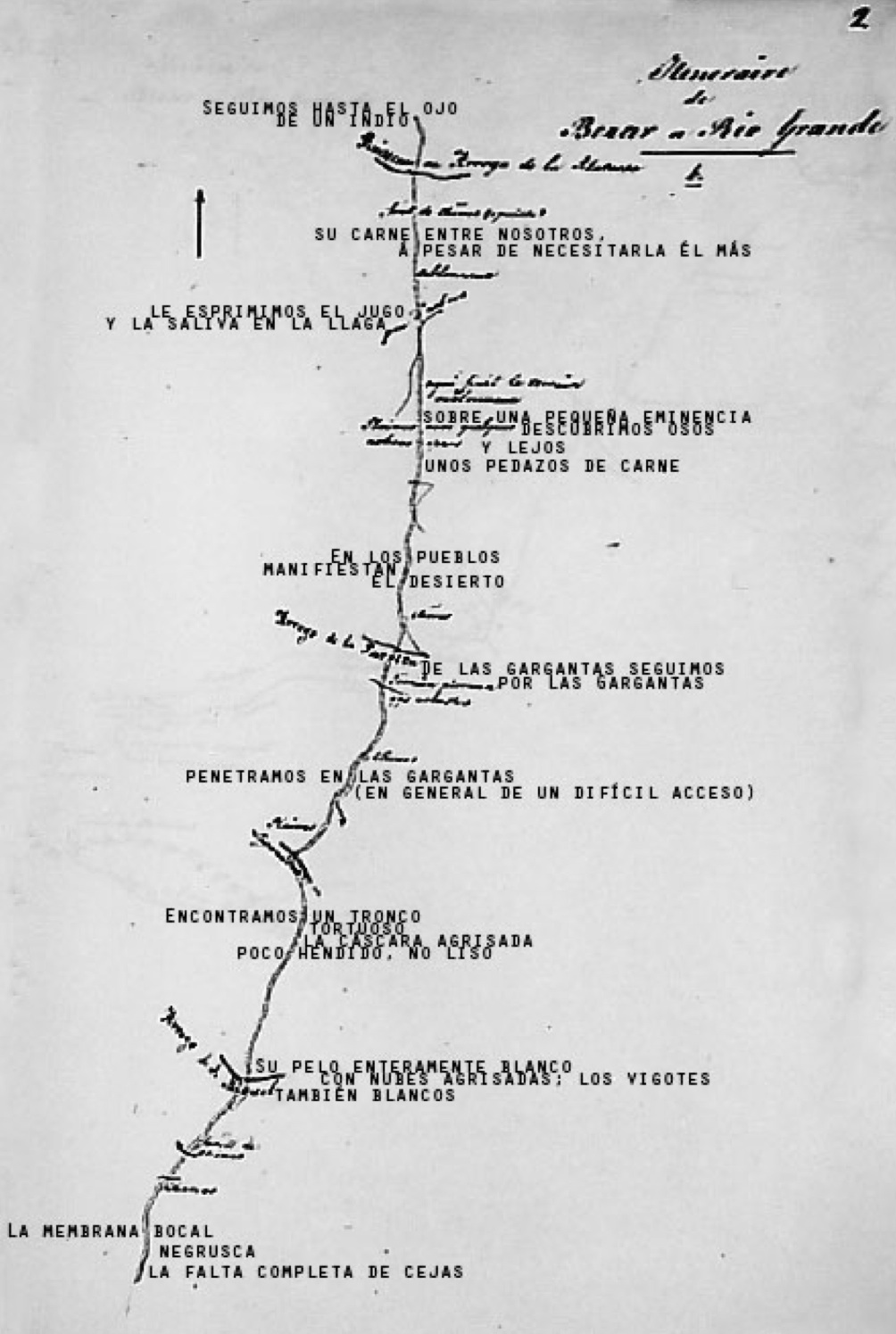
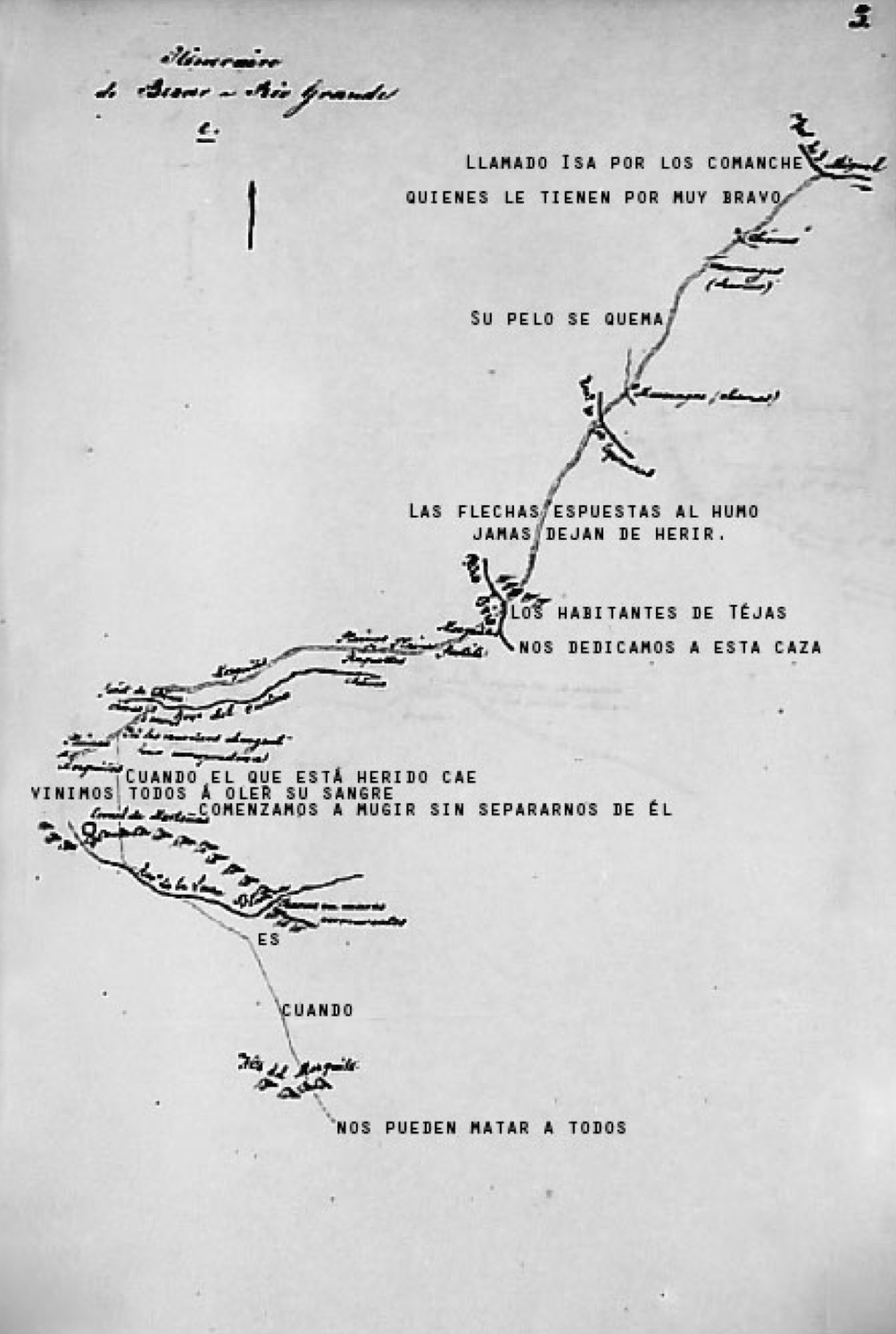
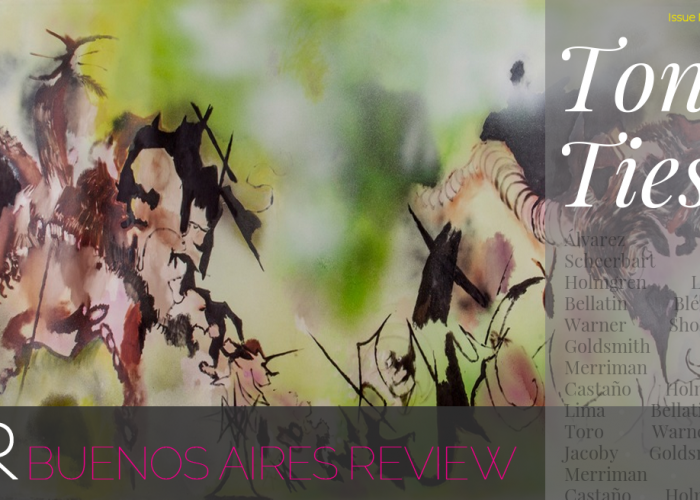

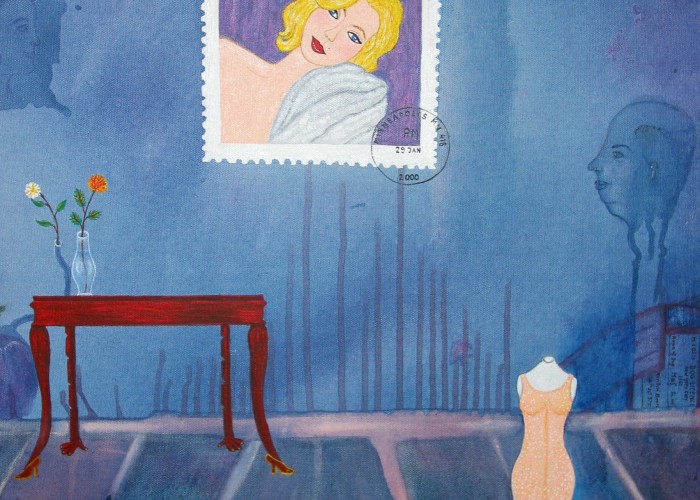




 sending...
sending...